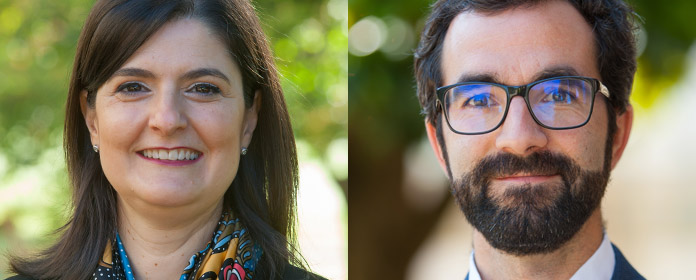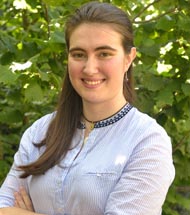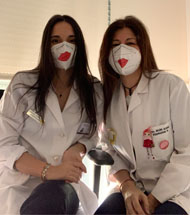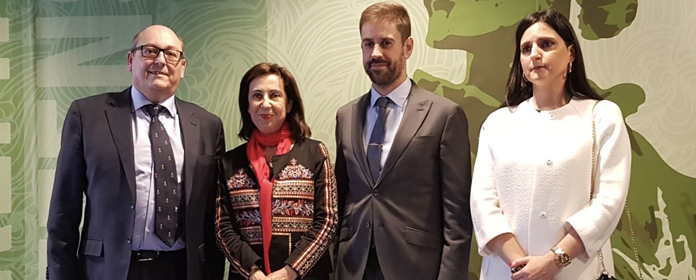Andrés Payá: "The game is a school of citizenship".
The gaming expert and Education spoke at the conference of Educational Centers organized at the University of Navarra.
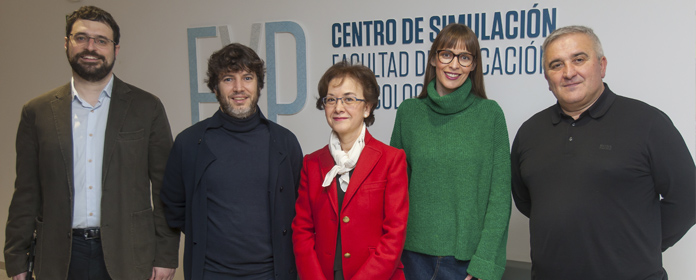
"The game can be a vertebral element of society, since human beings are beings that play, Homo ludens". From this premise, and making reference letter to the book of 1938 published by the professor, historian and cultural theorist Johan Huizinga, began his session last Friday, February 16, the professor of the University of Valencia, Andrés Payá, in the "Playing games can be the backbone of society, since human beings are beings who play, Homo ludens". conference of Educational Centers organized by the School of Education and Psychology.
Under the degree scroll "El juego, en el ámbito social y educational ", along the workshop, different experts exposed through lectures and workshops the importance of improving the knowledge of the game as a social phenomenon, its pedagogical possibilities and addressed how promote educational play proposals.
According to Payá, we must revalue and rediscover the importance of play throughout man's life, and pay attention to all the components that make it up: space, materials, time, and companions "play time should not be considered as residual time, that which we dedicate when we have already finished everything important.
Among the threats that loom over play, Payá pointed out that sometimes they come from educators themselves, who fail to consider the part of free, pleasurable play that has no purpose in itself, to "instrumentalize it and turn it into a mere pedagogical tool , constricting it". According to the expert, both sides of the game should be considered to enhance all the creative and playful capacity of people. "Play is a universal language that allows communication and understanding, breaks down barriers, is a scenario of coexistence, is a school of citizenship".
The importance of rediscovering the traditional gameIn the workshop there was also space to talk about traditional games. Paco Veiga, member of the association Galega do Xogo Popular e Tradicional advocated for recovering traditional games and spreading them, "for what they mean to mobilize the current forms of play that are sometimes too canned, too sedentary. Traditional games provide physical exercise, creativity, imagination and skills". According to the expert, it is not a question of recovering past times that were not better, it is simply a question of recovering from the past what can still be useful to us; "traditional games, whether we like it or not, transmit imperceptible cultural elements to us. Symbolic games, for example, are born from a way of life, which is our way of life. That is why we strongly advise against putting on internship traditional games that are not taken from the environment".
When it comes to recovering the games, Veiga exposed several ways to do it, adapting them to the circumstances; "recovering the games in their pure state with all their essence, that would be extraordinary, but it is very difficult when society has changed so much and the media have changed so much. Recovering them by modulating them to the needs of today's world are also ways". And, of course, he did not miss reference letter to online games: "another way that interests us a lot is to bring traditional games to the virtual world and we find it extremely interesting because it is also a way to recover them".

